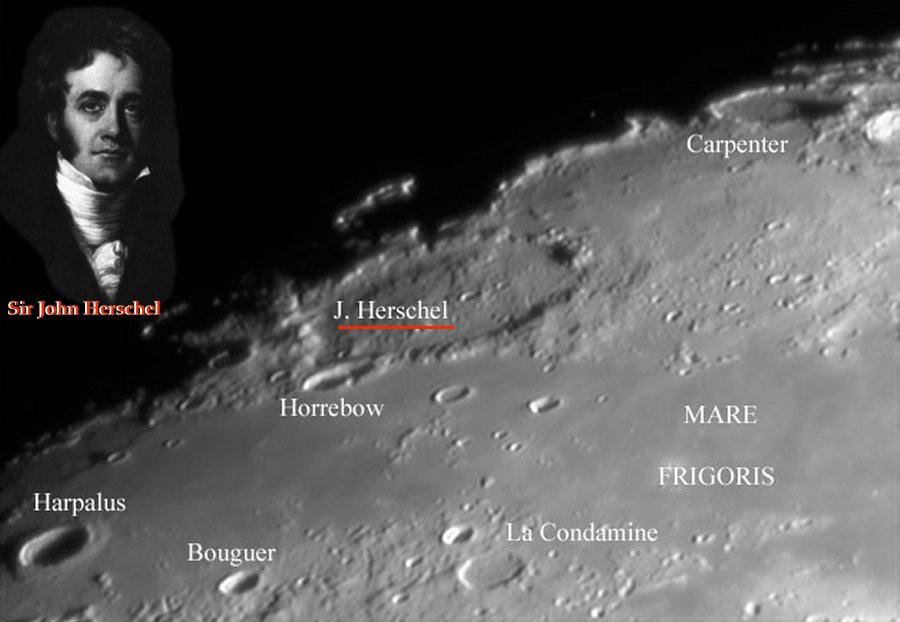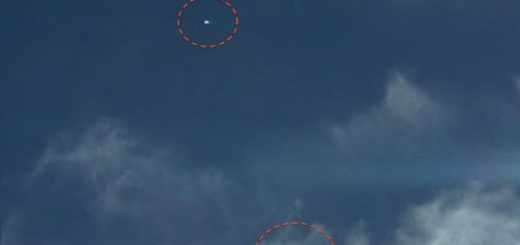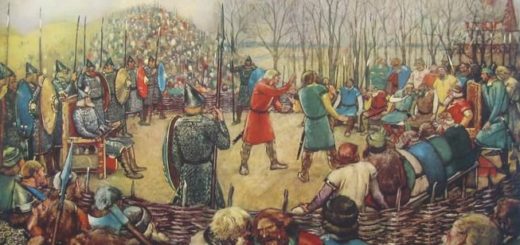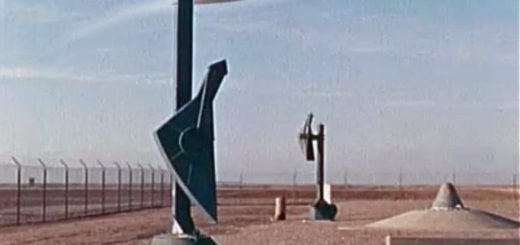On This Day In History: John Herschel – Britain’s Most Eminent Scientist Born – On Mar 7, 1792
John Herschel was born at Slough on March 7, 1792, son of William Herschel, the most eminent astronomer of the period, who discovered Uranus.
John attended St John’s College, Cambridge and his early training was in mathematics. Interested primarily in chemistry, he spent the next few years pursuing it and dabbling variously in law, optics, and astronomy.

He left Cambridge again in 1816 to assist his renowned father in astronomical research. By working with his father, he gained the full benefit of the aged astronomer’s unrivaled experience in the construction and use of large telescopes. In fact, this experience laid the foundation of John’s subsequent achievements.
In 1820 he was among the founders of the Royal Astronomical Society. In later years, John made important contributions to chemistry and the physics of light and particularly to mathematics, for which he was awarded the Copley Medal of the Royal Society in 1821.
By 1833, he was through with the northern hemisphere. In the fall of that year, therefore, he moved his family to South Africa for 4 years of observation of the southern skies. He established there, the first observatory in the southern hemisphere.
Worthy successor of his father, John discovered 3347 double stars and 2400 nebulae. He explored the southern sky with the 18-inch telescope of his father between 1825 and 1838. He also established the first large general catalogue of nebulous objects: the “General Catalogue of Nebulae and Clusters of Stars” containing 5079 objects (compiling his father’s discoveries along with his own).
John Herschel was honored by naming Moon crater J. Herschel (62.0N, 42.0W, 165 km diameter, in 1935) and (together with his father) Mars crater Herschel (14.9S, 230.3W, 304 km diameter).
Returning to England in 1838, Herschel received honors at Queen Victoria’s coronation. He devoted most of the rest of his life to the reduction, evaluation, and publication of astronomical data.
He became the most eminent scientist in Britain during the first half of the 19th century, and a highly respected philosopher of science.
He died on May 11, 1871.
As the most eminent scientist in Britain, John was accorded burial in Westminster Abbey.



 Creators of mankind
Creators of mankind Description of “Tall white aliens”
Description of “Tall white aliens” Where they came from?
Where they came from? About hostile civilizations
About hostile civilizations The war for the Earth
The war for the Earth “Tall white aliens” about eternal life
“Tall white aliens” about eternal life Video: “Nordic aliens”
Video: “Nordic aliens” Aliens
Aliens Alien encounters
Alien encounters The aliens base
The aliens base UFO
UFO Technology UFO
Technology UFO Underground civilization
Underground civilization Ancient alien artifacts
Ancient alien artifacts Military and UFO
Military and UFO Mysteries and hypotheses
Mysteries and hypotheses Scientific facts
Scientific facts


















